Trump Order Leads To IHSAA Ban On Transgender Girls In Sports
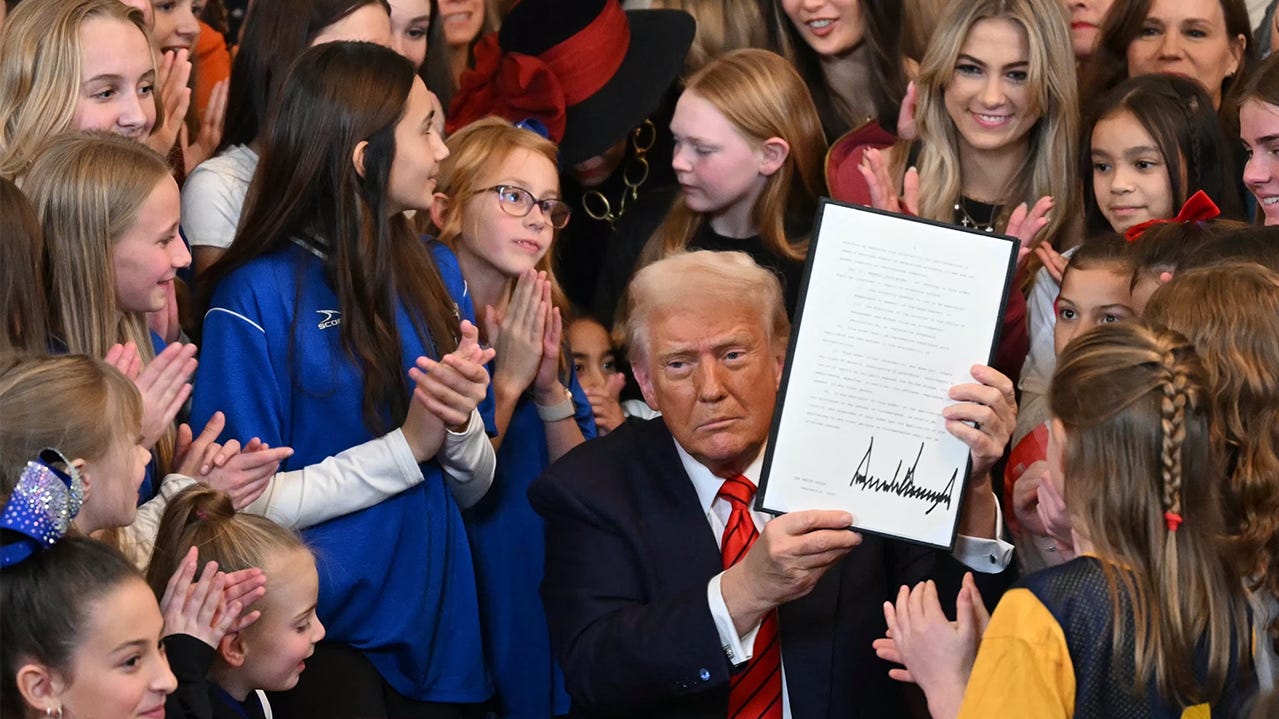
Table of Contents
The IHSAA's Policy Change and its Rationale
The Indiana High School Athletic Association (IHSAA) implemented a new policy effectively banning transgender girls from competing in girls' sports. Their official statement cites concerns about "fair play" and "competitive balance," arguing that biological differences between cisgender and transgender girls create an unfair advantage in athletic competition. The specific regulations require athletes to participate based on the sex assigned at birth, effectively excluding transgender girls from female sports. This decision followed the lead of similar bans in other states, often citing the influence of Trump administration policies.
- Eligibility Criteria Changes: The IHSAA's updated rules eliminate any consideration of gender identity in determining eligibility for girls' sports. Participation is now solely based on sex assigned at birth, as documented on birth certificates.
- Appeals Process: While the IHSAA provides an appeals process, the criteria for overturning the ban remain stringent, making it exceptionally difficult for transgender girls to successfully challenge the decision.
- Justification Arguments: The IHSAA's stated rationale centers on maintaining a level playing field, emphasizing the perceived biological advantages transgender girls might possess. This argument, frequently used to justify similar bans nationwide, has faced significant criticism from legal scholars and advocates for transgender rights.
The Legal and Political Context: The Trump Administration's Role
The IHSAA's ban is inextricably linked to the Trump administration's executive order on Title IX, which sought to define sex based on biological factors. While not directly mandated by this order, the IHSAA's policy reflects the underlying philosophy that guided the Trump administration's approach to transgender rights. This policy shift represents a significant move away from previous interpretations of Title IX that sought to protect transgender students from discrimination.
- Relevant Executive Orders: The Trump administration's executive orders on Title IX aimed to roll back protections for transgender individuals, creating a more restrictive environment for their participation in education and extracurricular activities, including sports.
- Legal Challenges: The IHSAA's ban faces potential legal challenges from various advocacy groups, arguing that the policy violates Title IX and the Fourteenth Amendment's Equal Protection Clause. The outcome of these challenges will significantly impact the legal landscape for transgender athletes nationwide.
- Political Ramifications: The debate surrounding the IHSAA's policy underscores the deeply partisan nature of the transgender rights issue. It has become a significant battleground in the ongoing political conflict over gender identity and its implications for public policy.
Reactions and Public Opinion: Support and Opposition to the Ban
The IHSAA's decision has generated strong reactions from various stakeholders. While some have praised the ban for preserving the integrity of girls' sports, many others have expressed profound disappointment and outrage. Transgender athletes and their families are understandably concerned about the impact on their well-being and their opportunities to participate in high school athletics.
- Diverse Voices: Statements from transgender athletes highlight the emotional toll of exclusion from sports, emphasizing the vital role athletics plays in their personal development and social integration. Conversely, some parents of cisgender girls express support for the ban, citing concerns about fair competition.
- Public Demonstrations: Protests and rallies have been organized across Indiana, demonstrating the strong public sentiment against the ban. These events show the power of collective action in advocating for transgender rights.
- Public Opinion Polling: While comprehensive polling data may be limited, anecdotal evidence suggests a highly polarized public opinion, mirroring broader national trends on transgender issues.
The Broader Implications for Transgender Athletes and Title IX
The IHSAA ban has far-reaching implications for transgender athletes, not just in Indiana but nationwide. Its potential to inspire similar legislation in other states is a significant concern. The conflict between the IHSAA's policy and existing interpretations of Title IX raises important questions about the future of transgender inclusion in educational programs.
- Mental and Physical Health: Exclusion from sports can negatively affect the mental and physical health of transgender adolescents. Denying participation creates feelings of isolation and marginalization, potentially leading to decreased self-esteem and increased risk of depression and anxiety.
- National Impact: The IHSAA's action may embolden other states to enact similar legislation, leading to a patchwork of policies across the country, creating significant inconsistencies and inequities for transgender students.
- Title IX Implications: The ongoing legal battles surrounding this issue will ultimately help clarify the application of Title IX to transgender students in sports. The decisions made could set legal precedent for future cases involving transgender rights and participation in athletics.
Conclusion
The IHSAA's ban on transgender girls in sports, influenced by the Trump administration's policies, exemplifies the complex legal and ethical challenges surrounding transgender inclusion in athletics. The decision raises significant concerns about fairness, inclusion, and the fundamental rights of transgender athletes. The legal battles ahead will shape the future of transgender participation in sports, not only in Indiana but nationally. This issue demands ongoing attention and proactive engagement to ensure fair play and equal opportunities for all athletes, regardless of gender identity. Stay informed, get involved, and continue the conversation about creating truly inclusive and fair opportunities for all athletes, regardless of gender identity. Advocate for your local representatives to support legislation promoting the rights of transgender athletes and for the full and equitable implementation of Title IX.

Featured Posts
-
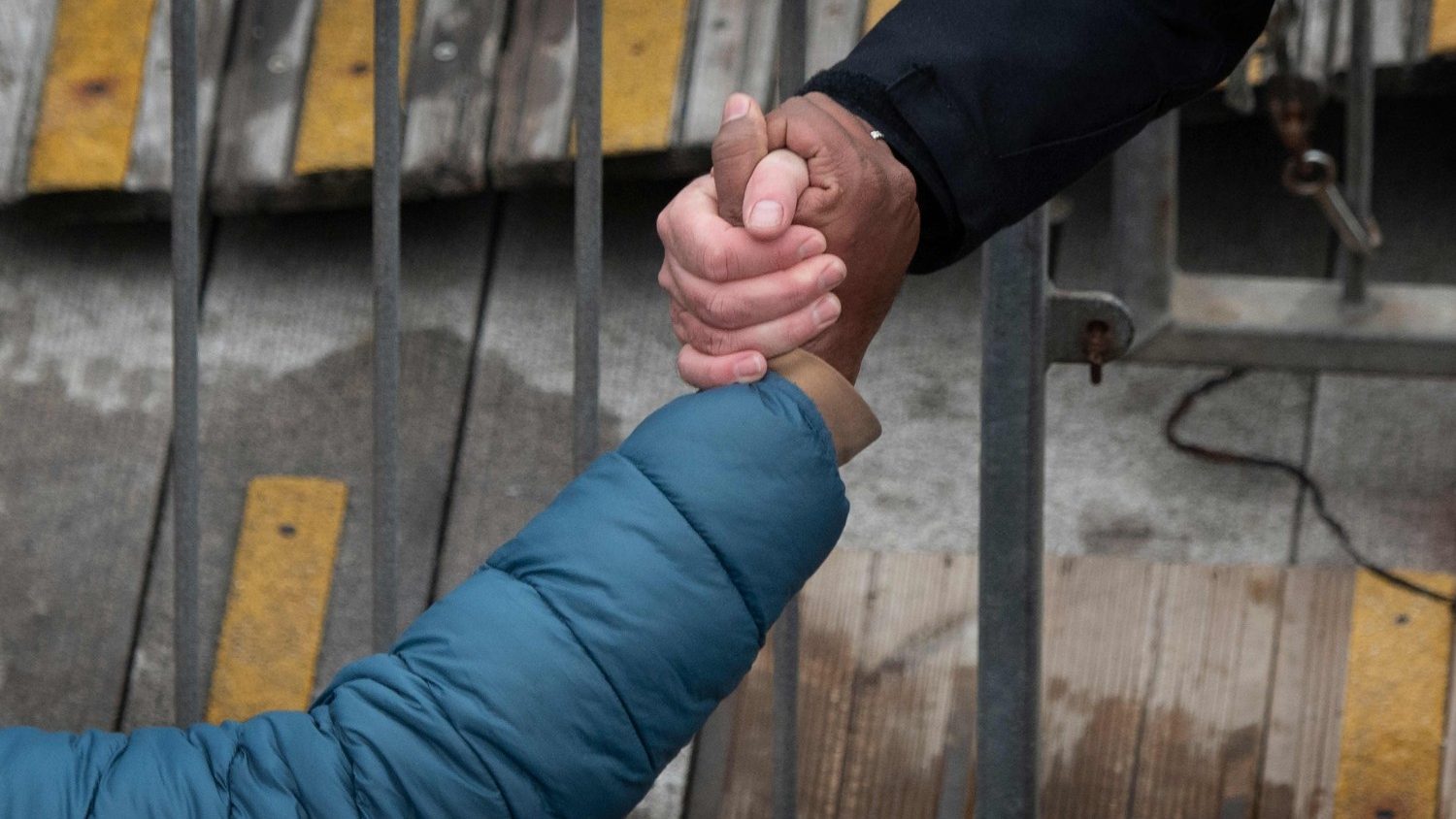 Stringent New Asylum Rules Impact Migrants From Three Specific Countries
May 10, 2025
Stringent New Asylum Rules Impact Migrants From Three Specific Countries
May 10, 2025 -
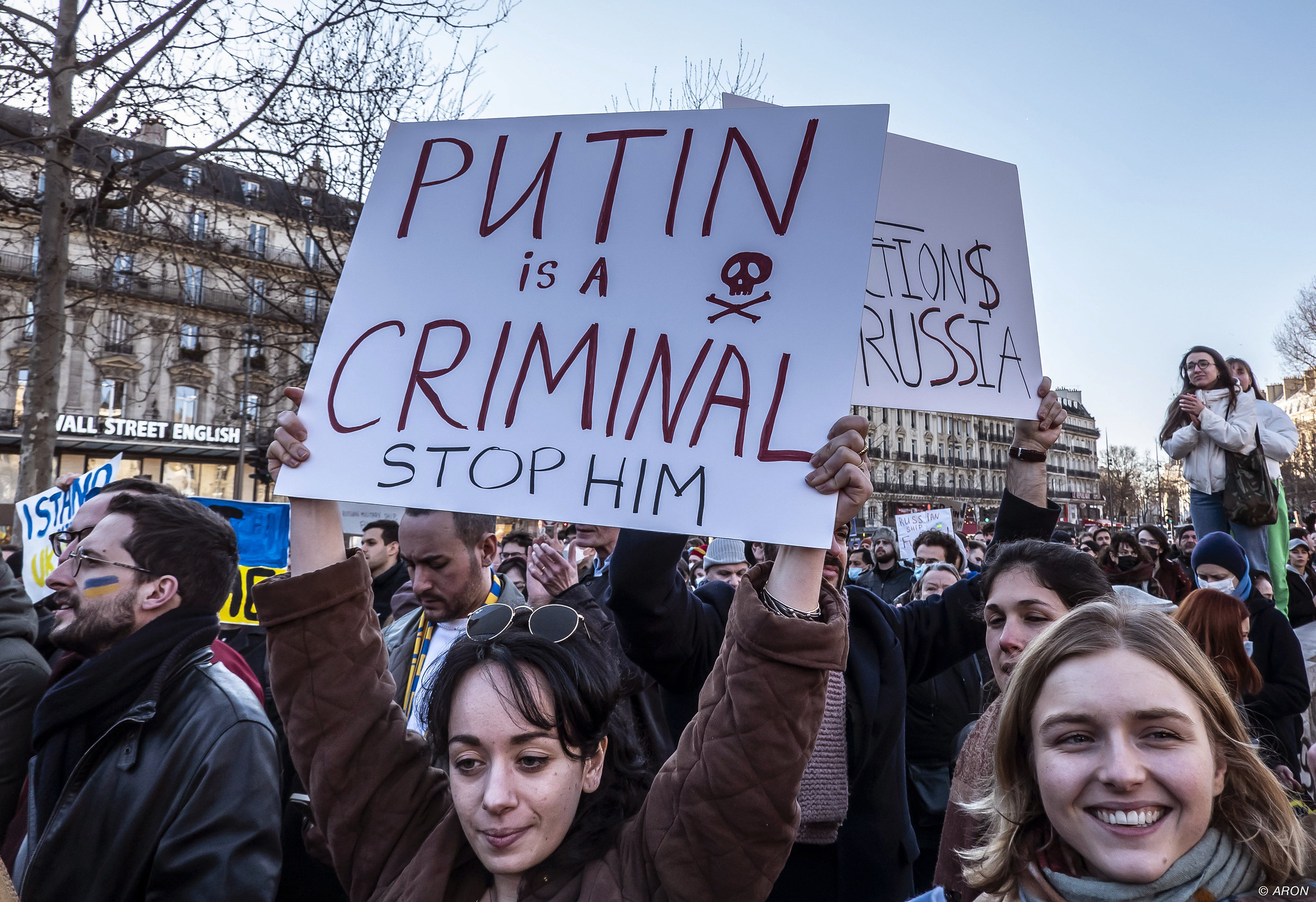 Putin Orders Ceasefire For Victory Day What To Expect
May 10, 2025
Putin Orders Ceasefire For Victory Day What To Expect
May 10, 2025 -
 Fyraty Fy Qtr Tqyym Mstwah Me Alerby Bed Alahly
May 10, 2025
Fyraty Fy Qtr Tqyym Mstwah Me Alerby Bed Alahly
May 10, 2025 -
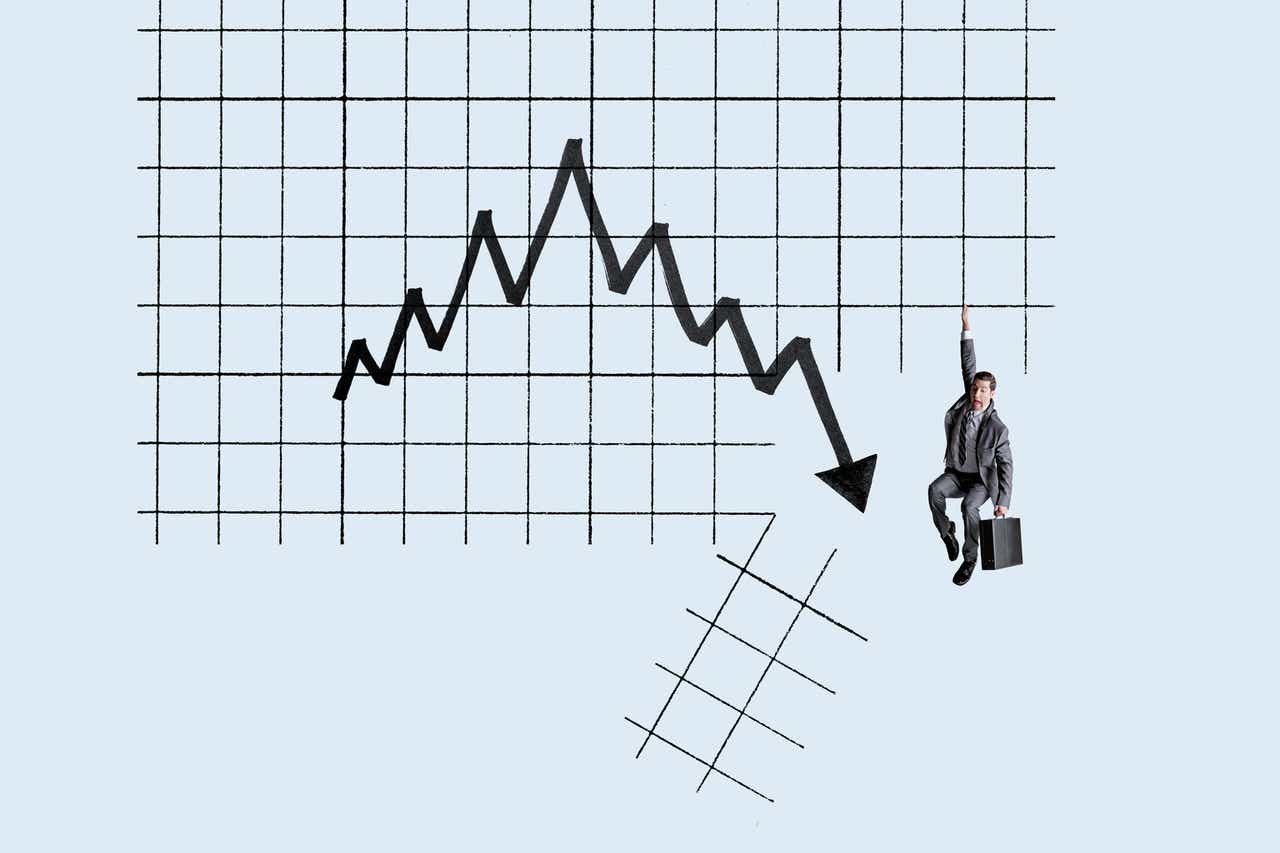 Is Wall Streets Comeback Defeating Bear Market Predictions
May 10, 2025
Is Wall Streets Comeback Defeating Bear Market Predictions
May 10, 2025 -
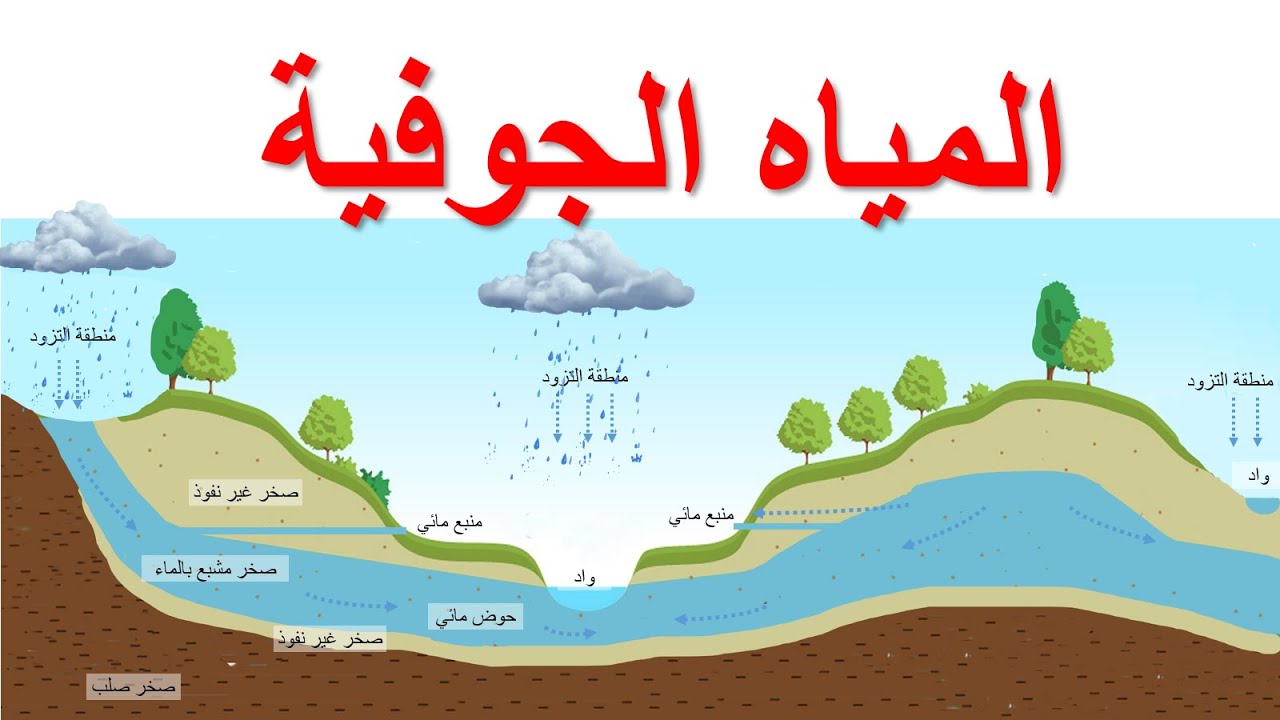 Alantqal Mn Alahly Ila Alerby Kyf Athr Ela Mstwa Fyraty
May 10, 2025
Alantqal Mn Alahly Ila Alerby Kyf Athr Ela Mstwa Fyraty
May 10, 2025
